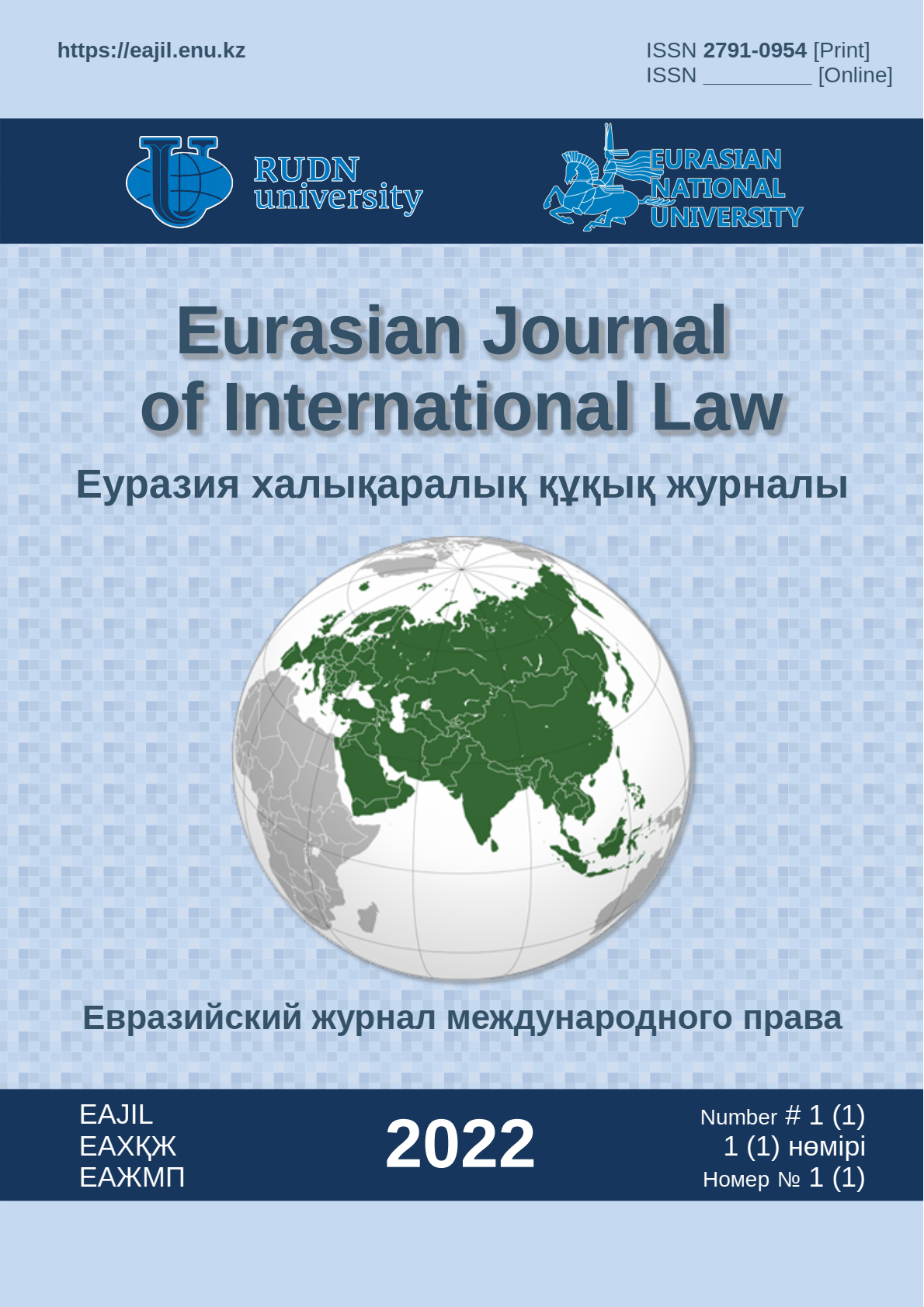Искусственный интеллект и международное право
https://www.doi.org/10.32523/2791-0954-2022-1-1-91-102
Просмотры: 130 / Загрузок PDF: 22
DOI:
https://doi.org/10.32523/2791-0954-2022-1-1-91-102Ключевые слова:
искусственный интеллект, машинное обучение, международное право, права человека, ООН.Аннотация
Несмотря на все преимущества, которые несёт в себе использование искусственного интеллекта в современную эпоху, этот феномен бросает серьёзный вызов ключевым установкам международного права. Особенно остро в данном контексте стоят вопросы, касающиеся соблюдения и поощрения прав человека при разработке и применении искусственного интеллекта, а именно конфиденциальности данных, используемых подобными технологиями. Хотя вопрос регламентации искусственного интеллекта в основном решается внутренним правом государств, в этой статье приводятся аргументы в поддержку точки зрения о выработке международно-правового подхода к решению этой проблемы. Именно международное право даёт возможность найти общий и перспективный подход к регулированию этого явления как на универсальном уровне, так и на региональном.
В настоящей статье предпринимается попытка раскрыть основные понятия и проанализировать перспективы нынешнего состояния и сделать осторожные выводы насчёт дальнейшего развития указанной проблематики через призму международного права, включая то, в какой степени действующие положения международного права в целом отвечают вызовам, связанным с использованием новейших технологий на основе искусственного интеллекта.


